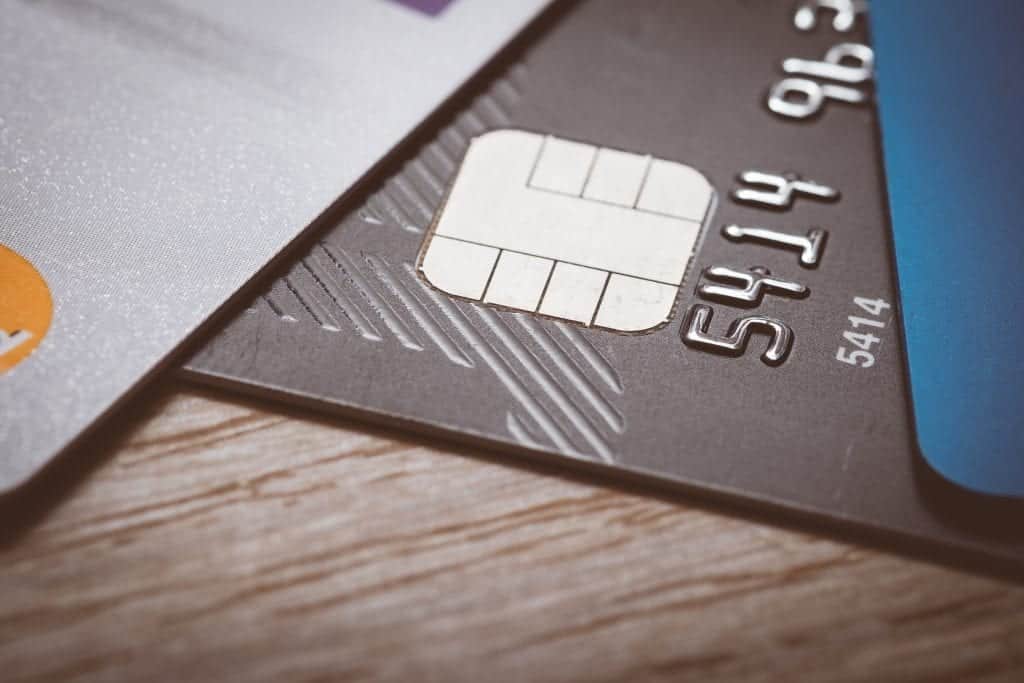
Currently, there’s only one bank that offers fee-free banking for life. The Cooperative Bank has an arrangement with the Federation of Small Businesses (FSB) to provide this service. You need to be a member of your local FSB branch to qualify which incurs an annual membership fee.
Other banks offer similar services but for a fixed period starting from 12 months up to 24 months dependent on taking out additional services. This initial period covers all electronic transactions such as direct debits, standing orders and automated credits.
Existing businesses have fewer options available although the Yorkshire Bank offers the longest term at 18 months for those switching to their current accounts.
You’ll be able to conduct your affairs using branch networks, telephone call centres, over the Internet and via your mobile phone using an app.
All banks offer some form of account management to help manage cash flow. They can also arrange other services such as overdrafts, insurance and mortgages.
The free period covers all charges normally associated with daily transactions except for cash deposits in local branches. The latter falls outside of the terms of these agreements which incurs a small percentage of the cash deposited.
Once the introductory period has finished, usually a range of selected automated transaction tariffs are activated. These incur no charges for fully automated transactions such as direct debits, but manual services such as cheque payments get charged a fee per payment.
Below are comparison tables for the most popular accounts used by UK businesses.
Free banking period for new businesses (number of months).
Free banking period for existing businesses (number of months).
The standard tariff after the initial period ends (fee per month).
Non-authorised overdraft interest rate (percentage interest rate per year (APR).
The telephone number for more information (contact number for enquiries).
Standard tariff plans marked with (*) include electronic payments such as standing orders, direct debits and automated credits.
| Bank Name |
|
|
|
|
|
|---|---|---|---|---|---|
| Yorkshire Bank | 24 | 18 | £5.00 | 33.51% | 0800 032 3971 |
| Barclays Bank | 12 | 0 | £6.50* | 29.50% | 0845 605 2345 |
| HSBC Start-up | 18 | 6 | £5.50* | 33.80% | 0800 731 8904 |
| Santander | 18 | 0 | £7.50* | 25.50% | 0800 731 6666 |
| RBS | 24 | 0 | £5.00* | 29.50% | 0345 600 2230 |
| Lloyds Bank | 12 | 12 | £7.00* | 10.85% | 0345 072 5555 |
Updated 25/2/2021
Choosing the correct account depends on the volume and type of transactions your business processes in addition to your borrowing requirements.
Having a local branch you can easily access has the following additional benefits not normally associated with purely online companies:
If you don’t require regular face to face contact with your branch, then the location is less important. Many companies manage their accounts online or via telephone banking services and have minimal contact with the branch.
So-called “electronic tariffs” are the least expensive methods to operate accounts and have low fixed monthly fees. These automated packages are available from most of the major banks.
Most current accounts earn no credit interest on positive balances. If your business has spare cash each month, what options are available?
It’s best to avoid the instant access deposit versions as these are currently paying just 0.1% AER on all balances. At this rate of interest, you’ll earn a paltry £10 per year for a £10,000 deposit. Standard savings and deposit accounts offer higher rates up to 3.5% in some cases. Consult the “best buy” tables online or in the Sunday newspapers.
Longer term bonds have the higher rates that average 3% AER for those that can save a fixed amount without withdrawal for three months or more. Until the Bank of England raises the base rate from historic lows, these rates are likely to continue.